| Time | August 10th | August 11th | August 12th |
| 09:00 – 09:30 | Opening | Lecture 2 | Short course 2 |
| 09:30 – 10:30 | Lecture 1 | ||
| 10:30 – 10:50 | Coffee-Break | ||
| 10:50 – 11:00 | Coffee-Break | ||
| 11:00 – 12:00 | Technical session 1 | Technical session 2 | |
| 12:00 – 12:30 | Lunch | ||
| 12:30 – 14:00 | Lunch | Lunch | |
| 14:00 – 15:30 | Short course 1 | Technical session 3 | Lecture 3 |
| 15:30 – 16:00 | Coffee-Break | Coffee-Break | Closing |
| 16:00 – 17:00 | Short course 1 | Technical session 4 | |
| 17:00 – 17:30 |
Technical sessions details:
| Time | Title | Author | Presen. |
| August 10th | Technical session 1 | ||
| 11:00 – 11:20 | Does a Q-Learning NetLogo Extension Simplify the Development of Agent-based Simulations? | Eloísa Bazzanella and Fernando Santos | Video |
| 11:20 – 11:40 | A influência da dor no ritmo circadiano com base em modelo matemático, estatístico e sistema multiagente | Angélica Theis dos Santos, Catia Maria Dos Santos Machado and Diana Francisca Adamatti | Video |
| 11:40 – 12:00 | Modelo baseado em multiagentes para aplicação de estratégias de isolamento social para o combate da pandemia da Covid-19 | Giulia Tondin Monteiro and Diana Francisca Adamatti | Video |
| 12:00 – 12:20 | Portabilidade dos Modelos Epidemiológicos disponíveis na MDD4ABMS para a Plataforma Repast | Fernando Santos and Jéssica B. Petersen | Video |
| August 11th | Technical session 2 | ||
| 11:00 – 11:20 | A Brief Overview of Social Dilemmas: From Social Sciences to Multiagent Based Simulations | Rafael Molinari Cheang, Anarosa Alves Franco Brandão and Jaime Simão Sichman | Video |
| 11:20 – 11:40 | Racism in Agent Societies: A Model Based on the Concept of Capability-Based Social Control Mechanism | Antonio Carlos Rocha Costa | Video |
| 11:40 – 12:00 | Implementing a purpose model of status-functions through ontologies to support the social reasoning of agents | Rafhael Cunha, Jomi Hübner and Maiquel de Brito | Video |
| 12:00 – 12:20 | The Impact of Norms Generality on MAS Goals | Jhonatan Alves, Jomi Fred Hubner and Jerusa Marchi | Video |
| August 11th | Technical session 3 | ||
| 14:00 – 14:20 | Melhorias na Sintaxe da Linguagem Jason | Jan Pierry Coelho dos Santos, Jomi Fred Hübner and Jerusa Marchi | Video |
| 14:20 – 14:40 | Integrating neural networks into the agent’s decision-making: A Systematic Literature Mapping | Rodrigo Rodrigues, Ricardo Azambuja Silveira and Rafael de Santiago | Video |
| 14:40 – 15:00 | Proposta de arquitetura que integre SMA, Memória e Emoções | Thiago Dantas, Patricia Lopes, Diana Adamatti and Cleo Billa | Video |
| 15:00 – 15:20 | Automated Planning and BDI Agents: a Case Study | Rafael C. Cardoso, Angelo Ferrando and Fabio Papacchini | Video |
| 15:20 – 15:30 | Um estudo sobre sistemas multiagentes e a categorização de diferentes níveis para a transferência de conhecimento | Paulo Rodrigues, Diana Francisca Adamatti and Eder Mateus Nunes Gonçalves | Video |
| August 11th | Technical session 4 | ||
| 16:00 – 16:20 | Directions for implementing BDI agents in embedded systems with limited hardware resources | Matuzalem Muller dos Santos, Jomi F. Hübner and Maiquel Brito | Video |
| 16:20 – 16:40 | Um Protocolo para Comunicação entre Sistemas Multi-Agentes Embarcados | Nilson Mori Lazarin, Carlos Pantoja and Vinicius Souza de Jesus | Video |
| 16:40 – 17:00 | Reengenharia de uma Arquitetura de Gerenciamento de Recursos para Agentes Utilizado Golang | Maria Alice Trinta Lima, Carlos Pantoja and Fabian Cesar Pereira Brandão Manoel | Video |
| 17:00 – 17:20 | Descoberta de tamanho de mapas ilimitados através da cooperação entre agentes | Vitor Luis Babireski Furio, Maiquel de Brito, Tiago Schmitz, Cleber Jorge Amaral, Robson Zagre Junior, Maicon Rafael Zatelli, Mauri Ferrandim and Timotheus Kampik | Video |
Lectures details:
Lecture 1 – Hypermedia Multi-Agent Systems: Rethinking Multi-Agent Systems for the World Wide Web
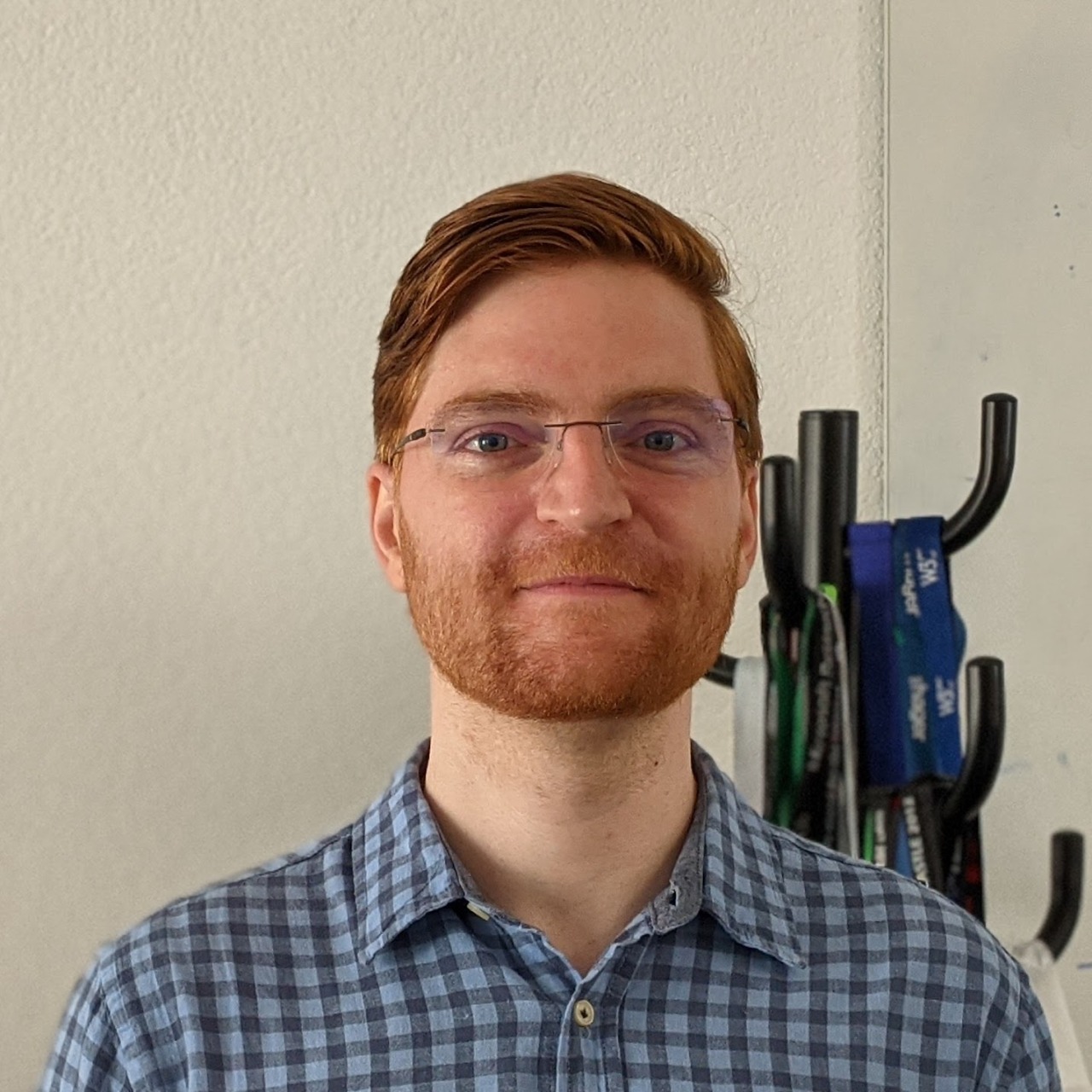 Andrei Ciortea
Andrei CiorteaThe World Wide Web has emerged as the middleware of choice for most distributed systems. Recent standardization efforts for the Web of Things and Linked Data are now turning the Web into a homogeneous hypermedia fabric that interconnects everything — devices, information resources, abstract concepts, etc. The latest standards allow software agents not only to browse and query but also to observe and act on this hypermedia fabric. These developments unlock new practical use cases for engineering more sophisticated software agents that can meet their design objectives through flexible autonomous use of this hypermedia fabric. Such autonomous agents have been studied to large extent in research on multi-agent systems (MAS). This lecture explores the intersection of Web and MAS research. The first half of this lecture presents the design of the Web architecture and recent developments such as the Web of Things. The second half then discusses research on Web-based MAS and a particular type of such systems, which we call Hypermedia MAS: MAS that follow a hypermedia-based design rationale such that they are aligned with the Web architecture and inherit the properties of the Web as an Internet-scale, open, and long-lived system. The lecture covers several demonstrators, in particular a prototypical system for industrial manufacturing developed at Siemens Corporate Technology.
Andrei Ciortea is a postdoctoral researcher with the Chair for Interaction- and Communication-based Systems at the University of St.Gallen (HSG), Switzerland, and an external collaborator of the Wimmics team at INRIA, Université Côte d’Azur, CNRS, I3S, France. His main research interests include Web-based multi-agent systems (MAS), hypermedia systems, the Web of Things (WoT), and socio-technical networks. Andrei received the best paper award at the 6th International Conference on the Internet of Things (IoT 2016). Before joining HSG, Andrei had a 6-month research visit with Siemens Corporate Technology in Berkeley, CA, USA, where he was the principal investigator and lead architect of a system for intelligent manufacturing that integrated MAS with WoT systems. Andrei co-organized the Dagstuhl Seminar 21072 on “Autonomous Agents on the Web” in February 2021, the First Workshop on Hypermedia Multi-Agent Systems co-located with The Web Conference 2019, and he is a founding member of the Romanian Association for Artificial Intelligence. Andrei obtained his Ph.D. in 2016 from MINES Saint-Étienne and the University “Politechnica” of Bucharest (joint supervision).
Lecture 2 – Multi-Agent Programming Contest
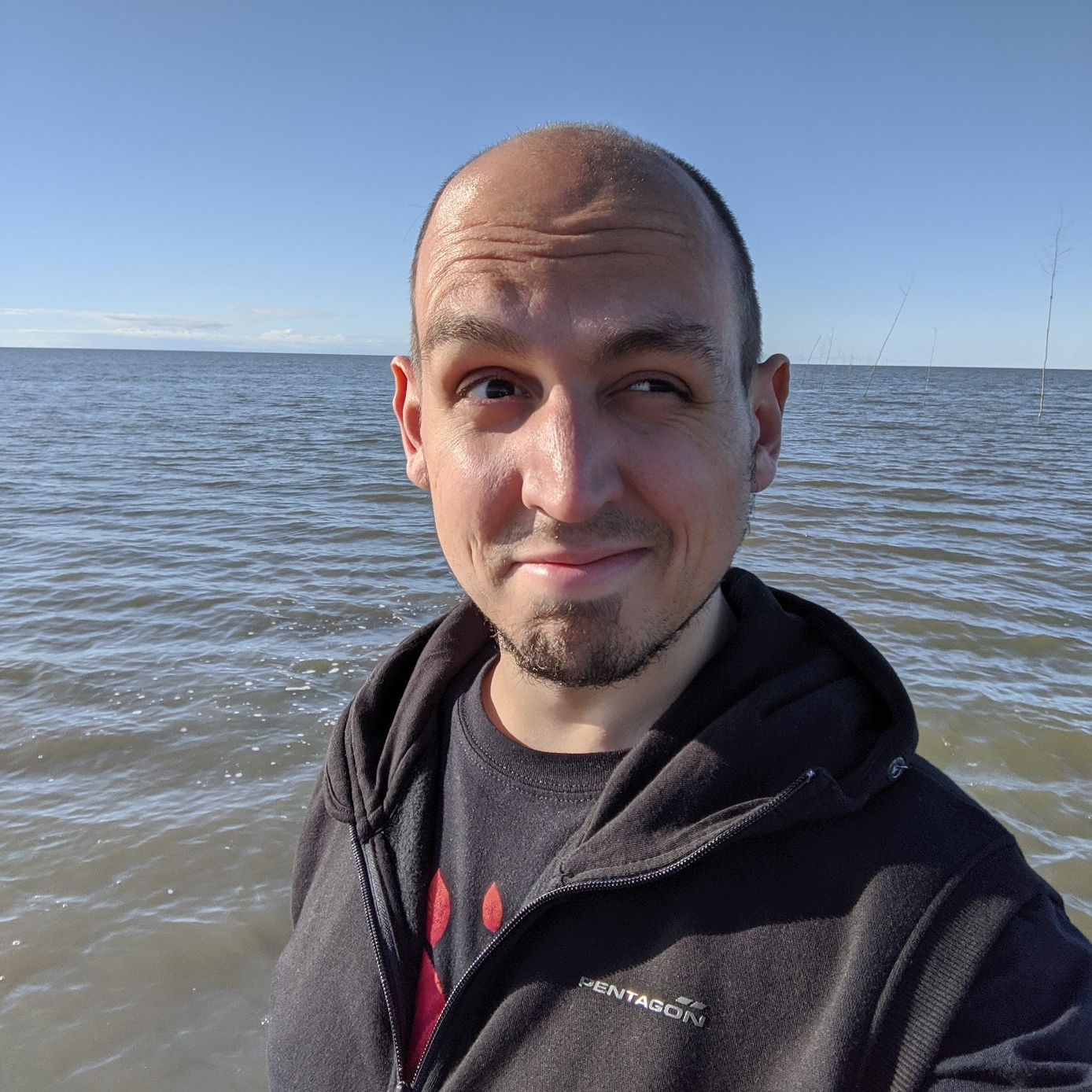 Tobias Ahlbrecht
Tobias Ahlbrecht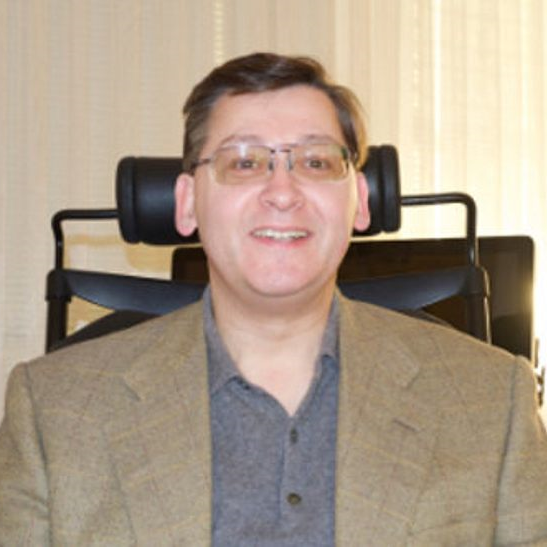 Jürgen Dix
Jürgen DixThis lecture introduces the Multi-Agent Programming Contest, an annual competition evaluating technology related to agent-oriented software engineering. The goal of the Contest is to find key problems, benchmarks and test cases that serve as milestones for testing multi-agent systems. We introduce the contest and its structure, the scenarios that have been played in the 15 editions since its inception and elaborate the lessons learned along the way.
Tobias Ahlbrecht is a PhD student in the Computational Intelligence Group at the Department of Informatics of Clausthal University of Technology. He earned his Master’s degree in Computer Science from the same department in 2016. He is a co-Organiser of the Multi-Agent Programming Contest since 2013 and his current research interests include explaining and debugging multi-agent systems.
Jürgen Dix is full professor and since 2004 head of the Computational Intelligence Group within the Department of Informatics of Clausthal University of Technology. He worked in deductive databases, nonmonotonic reasoning and knowledge representation and reasoning in the past.
He was one of the initiators of the Multi-Agent Programming Contest back in 2005 and has organised it with his group ever since.
Lecture 3 – Jason: Reflexões sobre o Passado e Perspectivas para o Futuro
 Rafael H. Bordini
Rafael H. BordiniEssa palestra começa com uma breve história de como surgiu a plataforma de sistemas multiagentes Jason, mostrando como algumas decisões e uma dedicação persistente podem levar à criação de projetos que podem ser úteis para muitos pesquisadores. A palestra apresenta também alguns projetos em andamento utilizando ou estendendo o Jason de diversas maneiras. Serão discutidas ainda algumas perspectivas de como o Jason pode continuar a ser útil no futuro dado o grande interesse atual em sistemas de inteligência artificial.
Rafael H. Bordini recebeu o título de PhD em Ciência da Computação pela University College London em 1999. Foi professor na Universidade de Durham e no Instituto de Informática da UFRGS. Atualmente é professor associado na PUCRS, cargo que exerce desde 2012, e onde dirige os grupos de pesquisa em Sistemas Multiagentes & Tecnologias Semânticas e em Inteligência Artificial Aplicada à Saúde do Núcleo de Inteligência Artificial da Escola Politécnica. Seus interesses de pesquisa incluem sistemas multiagentes, sistemas de diálogo baseados em teoria da argumentação, aplicação de técnicas de aprendizado de máquina e técnicas de IA explicáveis para suporte à tomada de decisões, com foco em aplicações para resgate em situações de desastres naturais, para a área da saúde e no domínio jurídico. Publicou mais de 150 artigos científicos e possui mais de 7800 citações segundo o Google Scholar.
Short courses details:
Short course 1 – Programação de Sistemas Multiagentes com JaCaMo
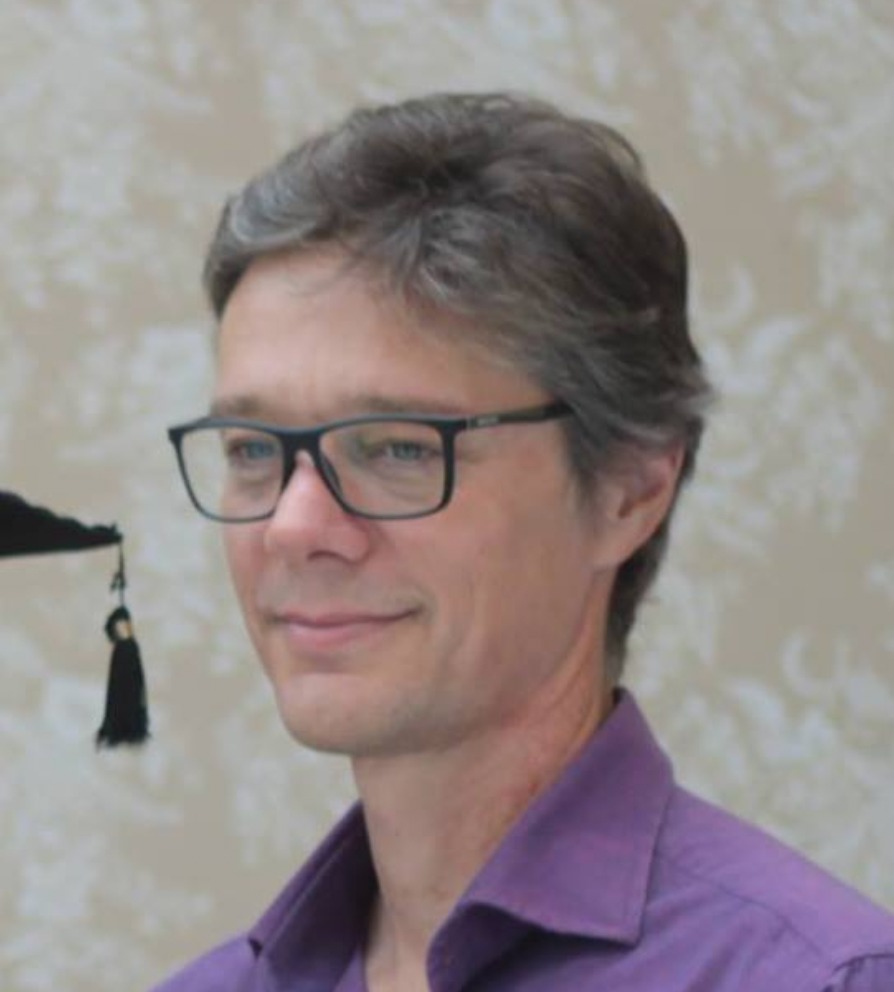 Jomi F. Hübner
Jomi F. HübnerO objetivo do curso é apresentar e discutir os fundamentos de Multi-Agent Oriented Programming (MAOP). MAOP é uma abordagem de programação particularmente útil para sistemas ciber-físicos (CPS) e aplicações que possuem entidades autônomas que atuam em sistemas complexos e abertos. A abordagem oferece uma ferramenta tanto conceitual quanto prática para a modelagem e programação de solução para problemas alvo da abordagem. Utilizando diferentes soluções para problemas de coordenação, o curso discute e demostra como desenvolver soluções flexíveis e reutilizáveis utilizando o JaCaMo (um framework que implementa a abordagem MAOP).
Jomi F. Hübner is an Associate Professor at University of Santa Catarina (Brazil) since 2009.
Since his PhD on multi-agent reorganisation at University of São Paulo (2003), his main research interests are multi-agent programming and tools to develop such systems. The main projects he is co-developing are Moise (an organisational model and infrastructure), Jason (an interpreter of a language for belief-desire-intention agents), and JaCaMo (a multidimensional programming platform for multiagent systems).
His work has resulted in over 150 papers (with over 5685 citations and h=30), two books (“Programming Multi-Agent-Systems in AgentSpeak using Jason” by Wiley and “Multi-Agent Oriented Programming: Programming Multi-Agent Systems Using JaCaMo” by MIT Press), an interpreter of an agent oriented programming language (JaCaMo), and collaborations with industry (Petrobras).
He co-organised the Iberoamerican Workshop on Multi-Agent Systems (Iberagents@IBERAMIA 2006), the Fifth Workshop on Coordination, Organizations, Institutions, and Norms in Multi-agent System (COIN 2008@AAMAS 08), the Third international Workshop on LAnguages, methodologies and Development tools for multi-agent systemS (LADS 2010@MALLOW 2010), the Tenth International Workshop on Programming Multi-Agent Systems (ProMAS@AAMAS 2012), the IEEE/WIC/ACM International Joint Conference on Web Intelligence and Intelligent Agent Technology (WI-IAT’11), the AAMAS Demos track of 2020, and the 8th International Workshop on Engineering Multi-Agent Systems (EMAS@AAMAS 2020). He has served in the programme committees of major conferences and workshops in multi-agent systems and more generally in artificial intelligence: AAMAS, EUMAS, EMAS, COIN, AT2AI, LADS, SBIA, RFIA, APLSA, SEAS.
Short course 2 – Creating a team for the Multi-Agent Programming Contest (MAPC)
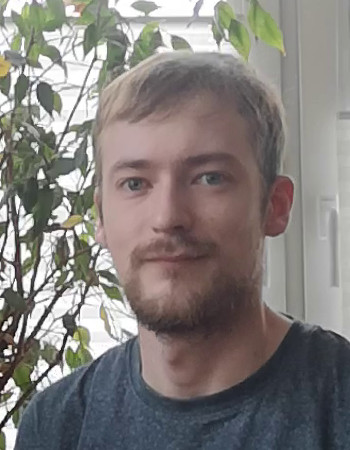 Niklas Fiekas
Niklas Fiekas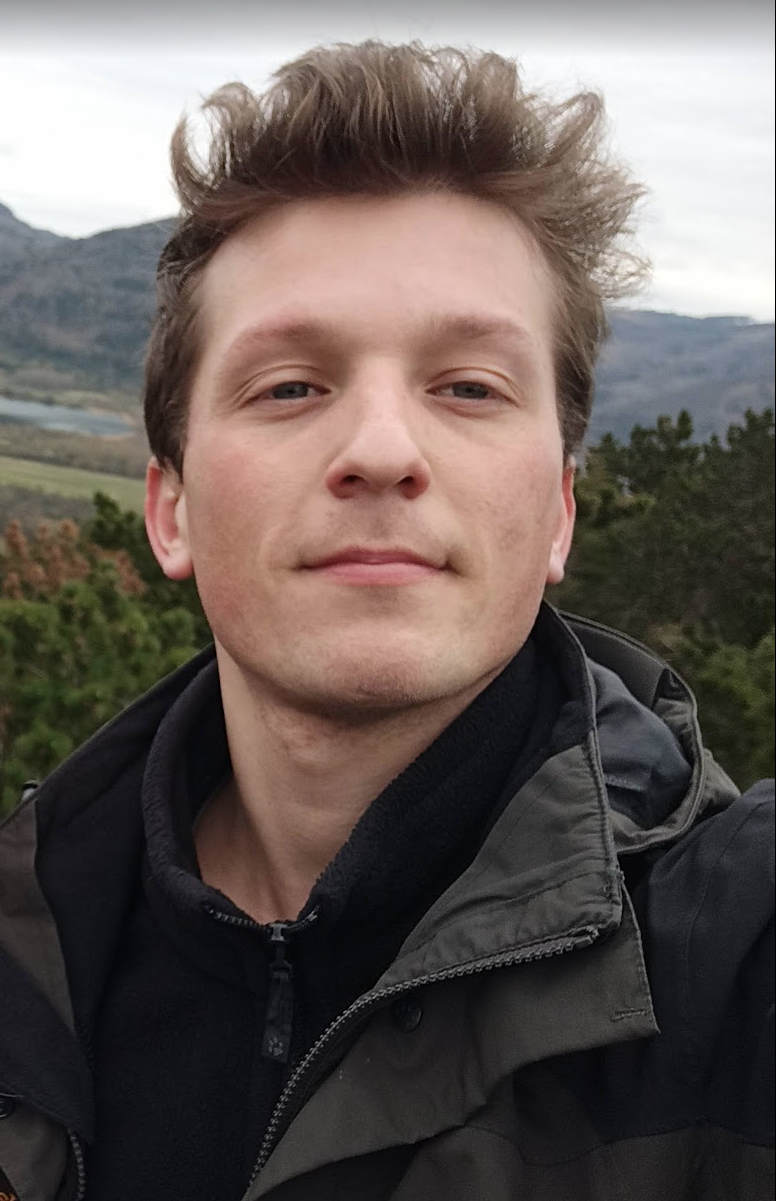 Tabajara Krausburg
Tabajara KrausburgIn this workshop, we will walk you through the steps to create an agent for the Multi-Agent Programming Contest (MAPC). We will cover the connection to the server, as well as the protocol that the agents must implement to interact with the simulator. In some hands-on exercises, you will be in the agents’ shoes and will cooperate with others to achieve a couple of goals in the context of the 15th MAPC. We will be using Python, so prior knowledge about agent-oriented programming languages is not required.
Niklas Fiekas is a PhD student and research assistant at TU Clausthal, supervised by Prof. Jürgen Dix. He started working on multi-agent simulation after submitting his master thesis about specialized hash functions for move generation in board games in 2018. Niklas also enjoys open source software development, in particular for the popular free/libre open-source chess server lichess.org.
Tabajara Krausburg is a PhD candidate in the Schol of Technology at PUCRS (Brazil) and the Department of Informatics at TUC (Germany). His research interests are in the field of Multi-agent Systems, in particular on coalition formation techniques. Currently, he is assisting in the organization of the MAPC, in which he also participated as a contestant three times (2016, 2017, 2018) as a member of the SMART-JaCaMo team.
